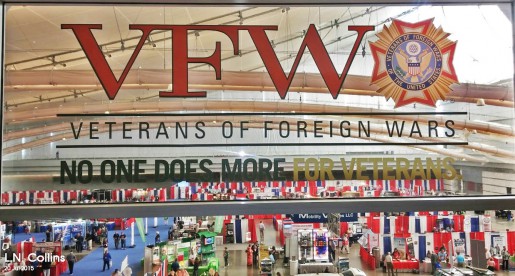HSLS offers classes on database searching, software applications such as Prezi, bibliographic management, molecular biology and genetics, and library orientations. For more information, visit the online course descriptions.
Classes are held on the first floor of Falk Library (200 Scaife Hall) in Classroom 1 and on the upper floor of the library in Classroom 2. All classes are open to faculty, staff, and students of the schools of the health sciences at the University of Pittsburgh, who will need a valid Pitt ID or e-mail account. They are also open to UPMC residents and fellows, who will need to show their UPMC IDs.
No registration is required, except where noted. Classes marked with an asterisk (*) qualify for American Medical Association Category 2 continuing education credit.
Class schedules are subject to change. Please consult the online class calendar for the most current information.
FlashClass
FlashClass is a “deal of the week” Groupon-like offer of timely and useful learning. Each week’s offer proposes one or two topics, and you’re invited to sign up to attend a one-hour class the following week. If at least three people sign up, we’ll hold the class. (We’ll notify you either way.) Winter 2016 FlashClasses start in February.
HSLS CLASSES
EndNote Basics (Falk Library Classroom 2)
| Monday, November 2 | 2-4 p.m. |
Focus on Behavioral Medicine: Searching in PsycINFO* (Falk Library Classroom 1)
| Tuesday, November 17 | 9-10:30 a.m. |
Painless PubMed* (Falk Library Classroom 1)
| Wednesday, November 4 | 11:30 a.m.-12:30 p.m. |
| Thursday, November 19 | 1-2 p.m. |
| Monday, November 23 | Noon-1 p.m. |
PowerPoint for Conference Posters (Falk Library Classroom 2)
| Thursday, November 12 | 1:30-3:30 p.m. |
Prezi for Presentations (Falk Library Classroom 2)
| Friday, November 6 | 12:30-2:30 p.m. |
MOLECULAR BIOLOGY AND GENETICS RESOURCES
RNA-seq Analysis: CLC Genomics Workbench* (Falk Library Classroom 2)
| Wednesday, November 18 | 1-3 p.m. |
CUSTOMIZED CLASSES
Customized classes can be developed for your department, course, or other group.

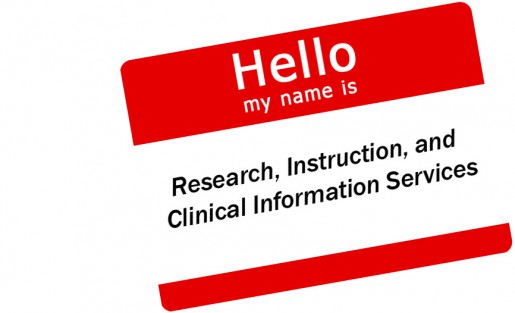
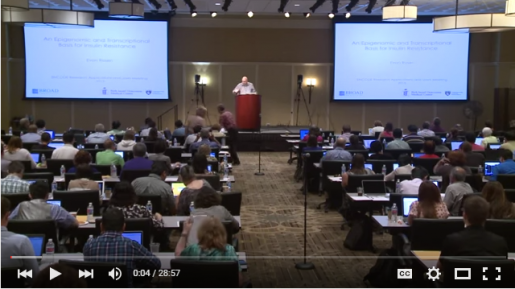
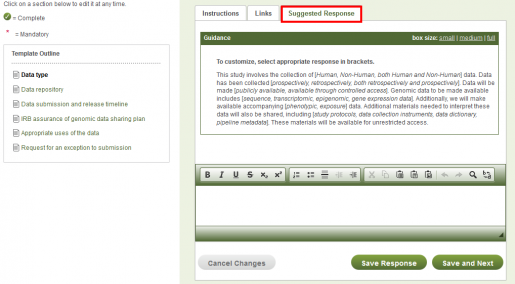
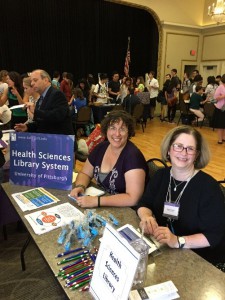
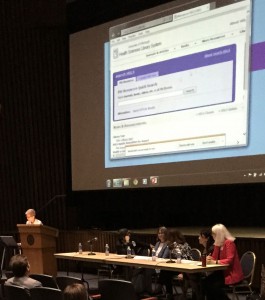
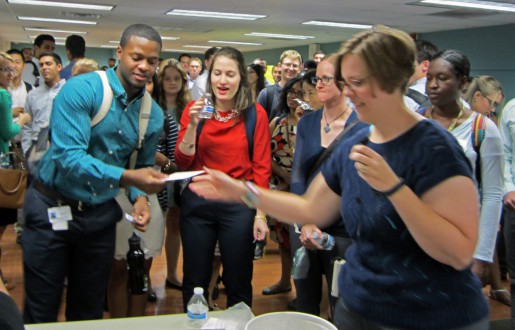
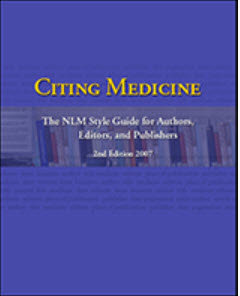
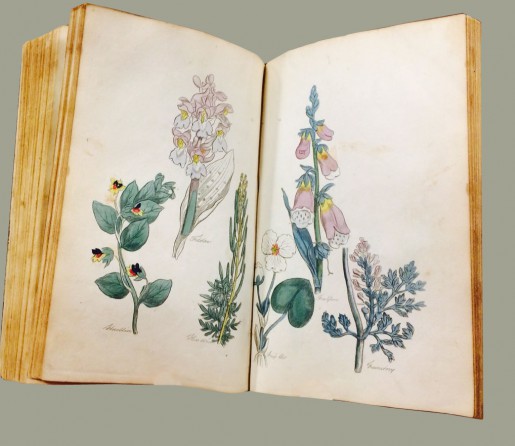 Herbals or herbaria—books describing herbs and their medicinal uses—are among the earliest literature created. They may be in the form of manuscripts, scrolls, codices, or loose sheets. Falk Library has several 18th century herbals, but the 1822 edition of John Hill’s Family Herbal is particularly interesting for three reasons: it has color plates unlike earlier herbals in our collection, it has an interesting provenance, and it was written by an author with a notorious reputation.
Herbals or herbaria—books describing herbs and their medicinal uses—are among the earliest literature created. They may be in the form of manuscripts, scrolls, codices, or loose sheets. Falk Library has several 18th century herbals, but the 1822 edition of John Hill’s Family Herbal is particularly interesting for three reasons: it has color plates unlike earlier herbals in our collection, it has an interesting provenance, and it was written by an author with a notorious reputation.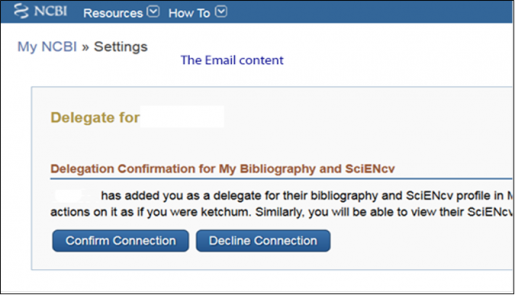

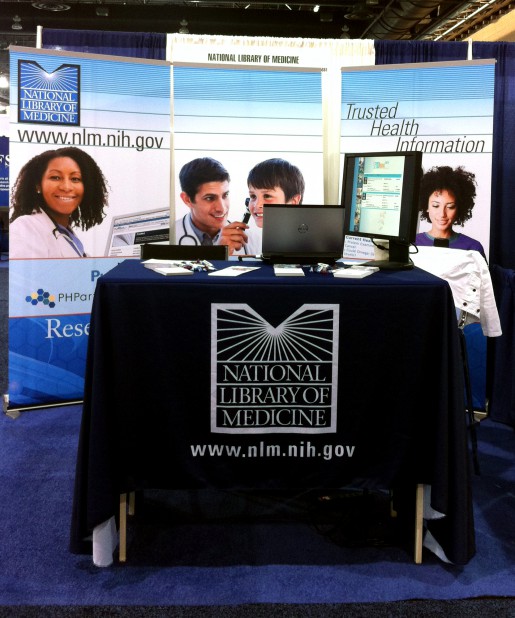 One of the ways we accomplish this is by exhibiting at national, regional, and state meetings of health professionals, public health workers, library associations, and organizations that represent consumers. NN/LM MAR librarian coordinators provide information about biomedical and health information products produced by NLM and available online at no cost.
One of the ways we accomplish this is by exhibiting at national, regional, and state meetings of health professionals, public health workers, library associations, and organizations that represent consumers. NN/LM MAR librarian coordinators provide information about biomedical and health information products produced by NLM and available online at no cost.